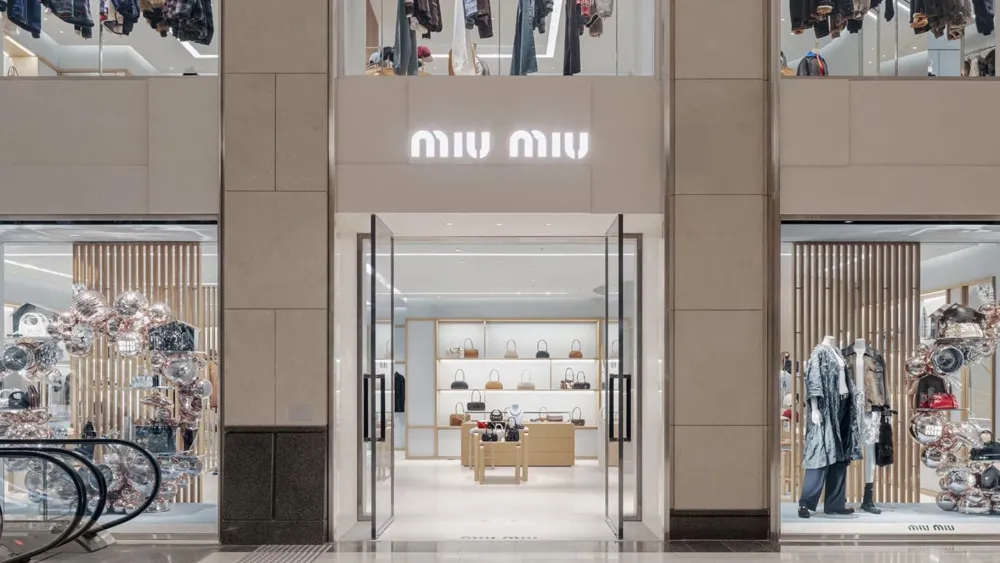
Why Japanese brands should expand discounter offerings
The rising cost of living dampened consumers’ purchasing power.
Japanese brands may increase discounter offerings to cater to increasing price consciousness amongst Japanese consumers due to the rising cost of living, according to a report by Fitch Solutions.
Fitch said discounters should innovate their offerings amidst the dampened purchasing power in the short term due to inflation.
“Particularly, as consumers spend more time looking for the best deals, discounter and grocery retailers will need to focus on offering the most attractive price points and continue to emphasize their focus on sustainability and eco-friendly efforts,” Fitch said.
READ MORE: E-commerce market in Japan to grow by nearly 7% in 2022
“However, we do note that rising interest rates will make expansion of stores or investment into new product lines or machinery more challenging and expensive for discounters, forcing a greater effort going toward optimising input costs and inventory levels,” it added.
Fitch said inflation in Japan has been increasing since January 2022 to the rising global food and commodity prices and the weakening of its currency. Inflation in August reached 3%, the highest since September 2014.
The consumer confidence index fell to 30.8 in September due to global economic uncertainty and less confidence in their employment. This provides an opportunity for growth to discounter retailers as “they traditionally do well when consumer price sensitivities heighten.”
Whilst Japan has well-developed discounters markets such as Daiso and Don Quijote, the growth potential of discounters also encouraged brands that are traditionally not linked to such.
It cited household goods retailer Muji which opened Muji 500 store in Mitaka, Tokyo in October. The concept store mainly sells daily essentials for less than JPY500 ($3.4). Around 70% of products sold here will be priced below JPY500, compared to 30% at regular Muji stores.



















 Advertise
Advertise







